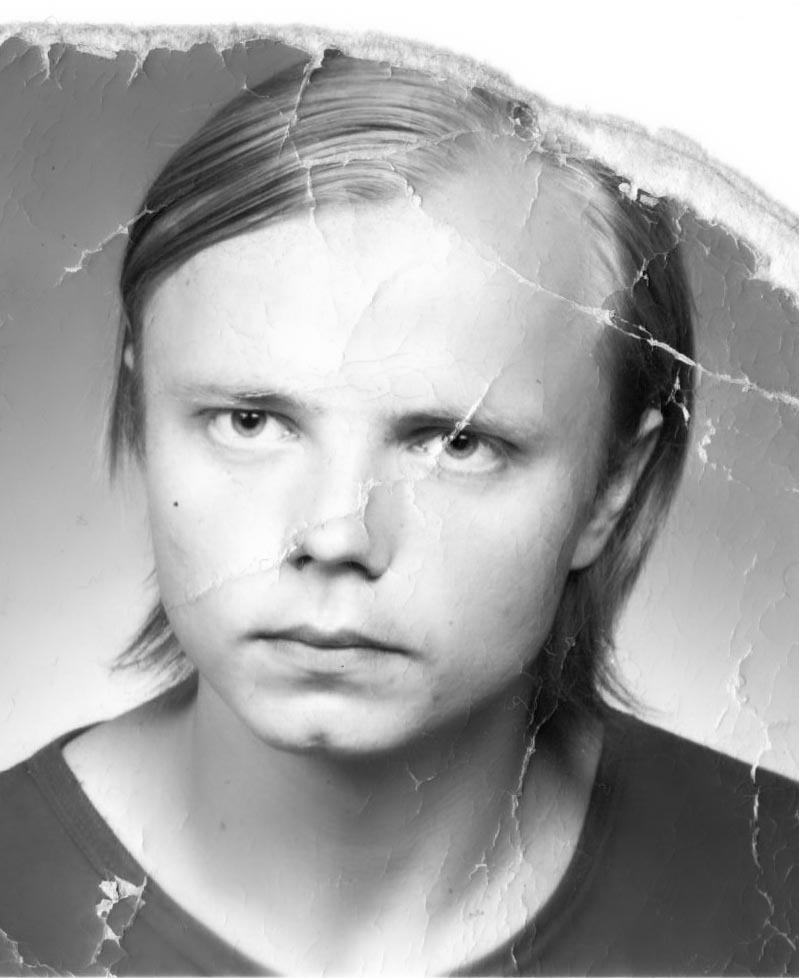We didn’t have any contact with the dissent, the SS beat us up anyway.

Download image
Roman Matula was born on 2 April 1961 in Kraslice, West Bohemia, to Maria and Milan Matula. In 1976-1979 he trained as a mechanic of measuring and control devices in Ústí nad Labem. Due to health problems, he served only ten months of basic military service in Martin, Slovakia. Together with Stanislav Vlč they founded the underground band Pod hladinou in March 1984. Their model was Plastic People of the Universe. The band performed at a total of eight private underground festivals - four of which were ended by the intervention of the security forces. Roman Matula was arrested after a concert at the Na Lapačce restaurant in Šenov in December 1984. A year later he was sentenced to ten months’ imprisonment for rioting and incitement to crime. In January 1987, he began serving his sentence at the Bory prison in Plzeň. He lived through the Velvet Revolution in Nový Bor, where he found work as a gravedigger and where he lived in 2021.





